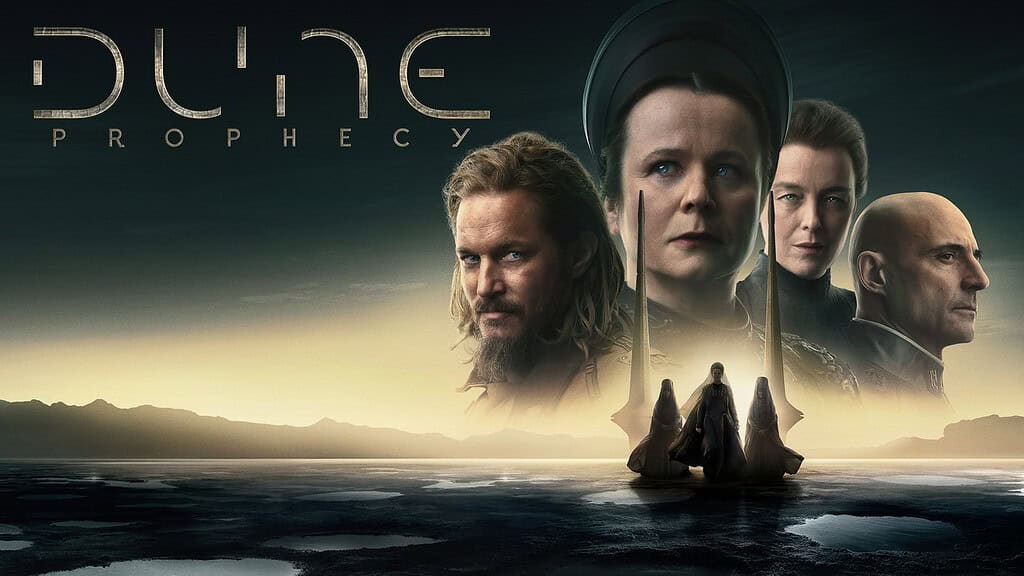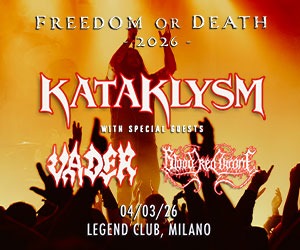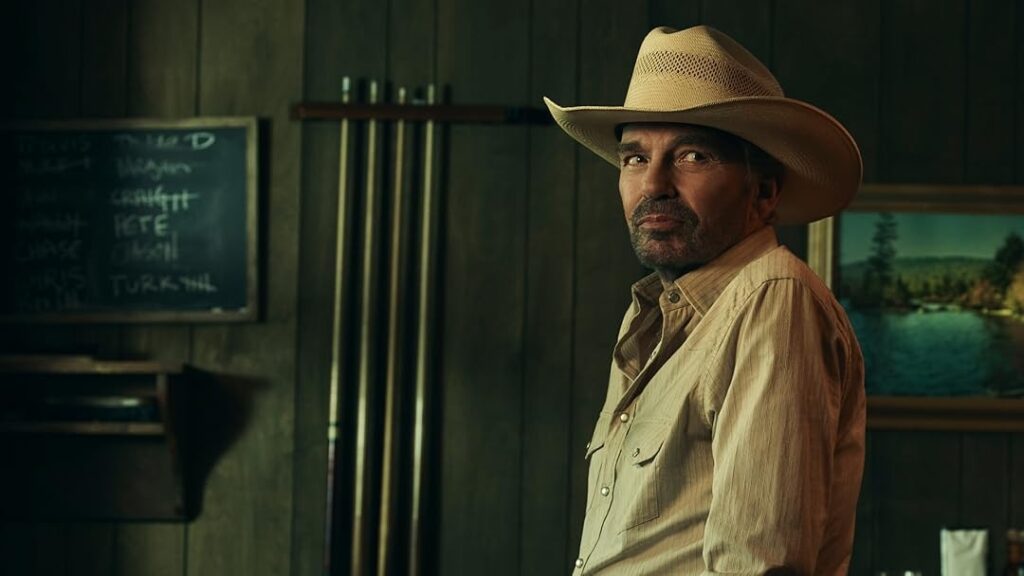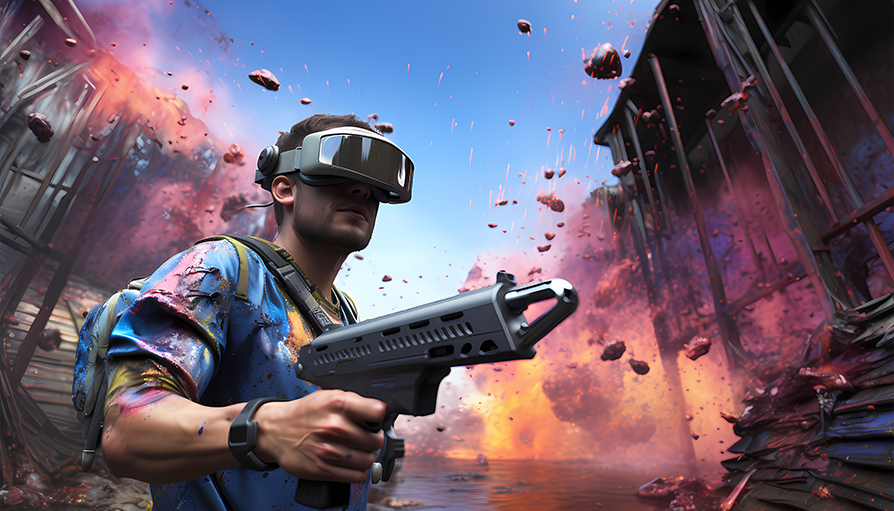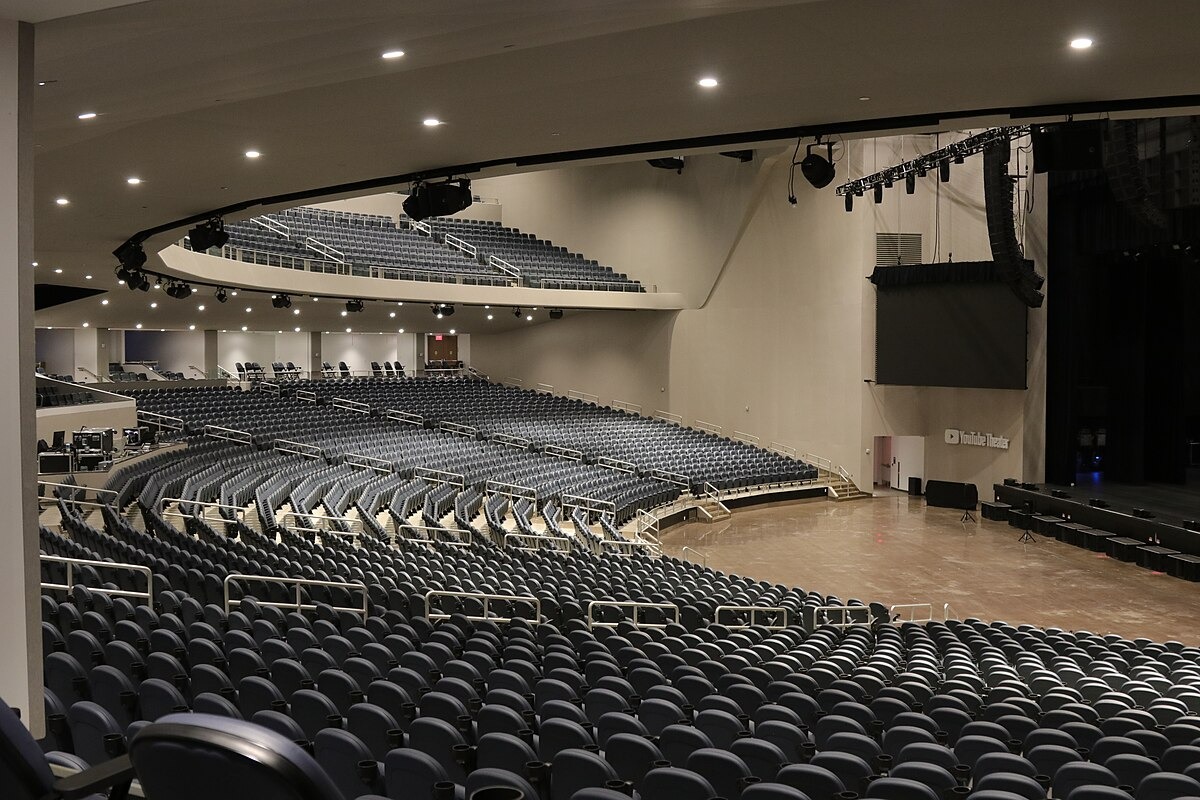Few things delight fans more than the announcement of a new season right before the finale of an ongoing series. It’s as though the creators are giving us a promise: the story isn’t over yet. That’s exactly what the team behind Dune: Prophecy has delivered. Even as the first season draws to a close with its sixth and final episode, titled The High-handed Enemy, viewers are already looking forward to the next chapter. However, while the finale teases a wealth of storytelling potential, it also struggles under the weight of its own ambition.
With an impressive ensemble cast, including Emily Watson, Olivia Williams, Travis Fimmel, Sarah-Sofie Boussnina, Tabu, and Mark Strong, Dune: Prophecy has woven a dense narrative that serves as both a prequel to Frank Herbert’s beloved Dune saga and an exploration of the political, spiritual, and emotional threads that bind the universe together. The finale is no exception, offering plenty of intrigue, drama, and shocking moments, but it’s not without its flaws.

A Web of Secrets and Betrayals
The finale’s narrative unfolds across multiple locations, with each subplot offering new twists and revelations. At its heart is Tula (Olivia Williams), whose journey takes a dramatic turn when she learns that Desmond Hart (Travis Fimmel) is her son with Orry Atreides. This revelation comes with a dark twist: Desmond is a living bioweapon, infected with a machine virus after being subjected to secret experiments. Yet, Desmond isn’t the true villain. Instead, he is a tragic figure, manipulated by the hidden forces pulling the strings in the background.
Determined to reunite with her son, Tula leaves Wallach IX for Salusa Secundus, setting the stage for a reunion that promises to be both emotional and fraught with danger. Meanwhile, Mother Valya (Emily Watson), a key architect of the Bene Gesserit Sisterhood, sets out on her own mission: a daring prison break to rescue Princess Ynez (Sarah-Sofie Boussnina).
Valya’s journey is mirrored by Sister Francesca (Tabu), who is tasked with assassinating Emperor Javicco Corrino (Mark Strong) using a poisoned needle. Yet, in a moment of hesitation and vulnerability, Francesca decides not to follow through with the plan. This decision leads to a series of tragic consequences that mark one of the most emotional arcs of the finale.
The Dark History of the Sisterhood
One of the most compelling aspects of the finale is its exploration of the Bene Gesserit’s origins. Through flashbacks, viewers are given a glimpse into the brutal history behind the Sisterhood’s rise to power. This storyline comes to a head when Sister Lila (Chloe Lea) awakens and confronts Sister Jen (Faoileann Cunningham). Lila, possessed by the spirit of Sister Dorothea (Camilla Beeput), reveals the dark secrets buried within the walls of the Bene Gesserit school.
In a particularly chilling sequence, Lila drains the pool at the center of the school, uncovering a mass grave filled with the skeletons of Sisters who opposed Valya’s rise to power. This haunting image serves as a stark reminder of the bloodshed and betrayal that paved the way for the Sisterhood’s dominance.
The finale excels in these moments of dark, introspective storytelling, peeling back the layers of the Bene Gesserit’s enigmatic history. However, these revelations also highlight the series’ penchant for dense exposition, which can be overwhelming for viewers unfamiliar with the Dune universe.
Tragedy and Sacrifice
Among the finale’s most heartbreaking moments is the tragic conclusion of Sister Francesca’s arc. After Javicco discovers that Francesca was planted by the Sisterhood as his mistress and assassin, she comes clean about Valya’s manipulative schemes. Unfortunately, the revelation comes too late. Javicco, unable to reconcile his feelings of betrayal and love, takes his own life.
This act of despair is followed by an even greater tragedy as Empress Natalya (Jodhi May) arrives on the scene and kills Francesca. The image of the two star-crossed lovers lying in a pool of blood is a gut-wrenching reminder of the series’ darker themes.
Tabu delivers a standout performance as Francesca, infusing the character with depth and emotional resonance. Her scenes with Mark Strong are among the most poignant of the episode, providing a much-needed counterbalance to the scheming and power plays that dominate the narrative.
The Finale’s Flaws: Too Much, Too Fast
While The High-handed Enemy offers plenty of drama and intrigue, it suffers from pacing issues. The writers attempt to cram what could have been the content of three additional episodes into a single hour-long finale. As a result, key moments feel rushed, and some subplots lack the depth they deserve.
The earlier episodes of the season devoted considerable time to world-building, immersing viewers in the intricate politics and spiritual underpinnings of the Dune universe. However, this meticulous approach leaves the finale scrambling to tie up loose ends while setting up the next season.
For fans of the franchise, the episode’s hurried pace may be forgiven in light of its ambitious scope. Yet, for casual viewers, the barrage of revelations and character arcs can feel overwhelming.
A Promising Setup for Season 2
Despite its flaws, the finale succeeds in setting the stage for an exciting second season. The cliffhanger ending teases the appearance of the great sandworms on Arrakis, a tantalizing glimpse of what’s to come.
With several key players exiting the stage (Francesca’s death is particularly hard to accept, though fans can always hope for a miraculous resurrection), the series introduces new mysteries and conflicts to explore. Tula’s quest to reunite with her son, Valya’s continued machinations, and the broader implications of the Bene Gesserit’s dark history all promise to drive the narrative forward.
Final Thoughts: A Complicated Yet Intriguing Finale
Dune: Prophecy closes its first season with a finale that is as ambitious as it is flawed. The episode’s strengths lie in its compelling performances, particularly by Tabu and Emily Watson, and its willingness to delve into the darker corners of the Dune universe. However, its weaknesses—rushed pacing and an overstuffed narrative—prevent it from fully realizing its potential.
For fans of the Dune saga, the finale offers plenty to dissect and discuss, from the shocking twists to the rich lore of the Bene Gesserit. And with the promise of a second season, there’s plenty to look forward to.
As the credits roll, one thing is clear: Dune: Prophecy has laid the groundwork for a captivating continuation of the story. While the first season may have stumbled in its final stretch, its ambition and scope ensure that the journey ahead remains one worth taking.

